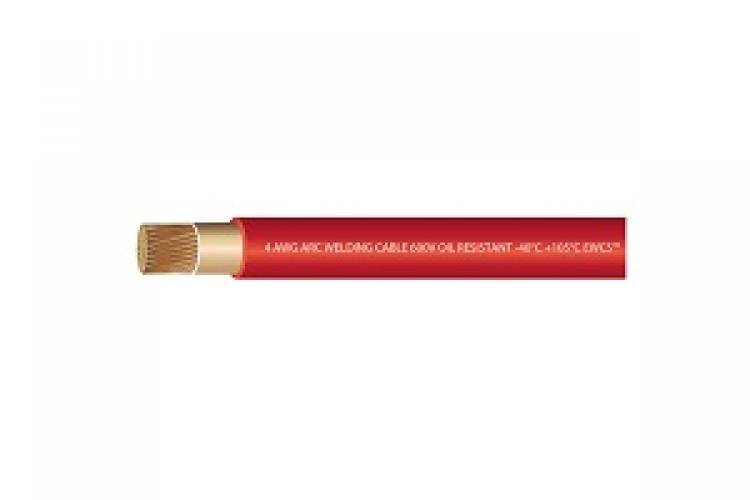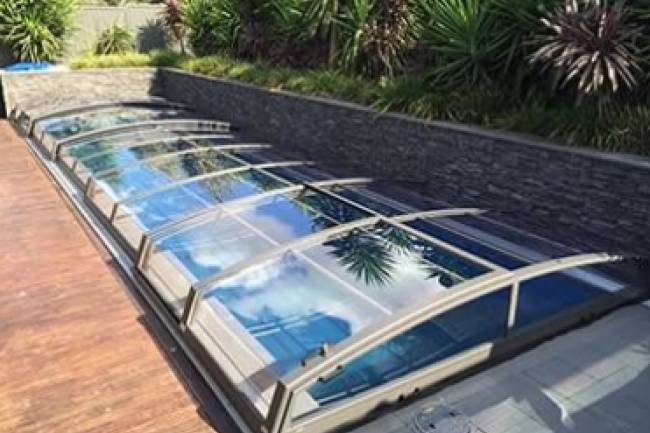
A Few Types Electric Wire, Cable, and Their Traits
To you, a wire might be a wire, and that’s all there is to it. Yet to electricians and electrical engineers, although the conceptual use of electric wire, cable and other conductors is fundamentally the same, there are many different specialized types of electrical conductors out there, each with different traits that make them suitable for the environments in which they are supposed to be used. Here are just a few of the more common types; keep in mind that there are many more.
Welding Cable - Welding cable is used for welding; no tricks here. The two main traits of welding cable, besides the fact that it must be approved for the proper voltage associated with the application, are that is is very durable and very flexible. Unfortunately, these two traits do not always play nicely together, so there must be a balance. Welding cable should be made as resilient to the elements as possible while at the same time remaining flexible enough to be working into its location.
Marine Cable - Marine environments are extremely unforgiving and corrosive. Some marine environments are also very stressful. For example, ships and boats are in constant motion, not only due to the influence of their engines but also due to the motion of the waters. As a result, marine cables are made from many strands of copper conductors to be as flexible as possible, and each of the strands is tinned to help safeguard the copper against corrosion.
Instrumentation Cable - Instrumentation cable is used to monitor systems like fire alarm systems and security systems. Typically instrumentation cable only needs to carry a relatively low current for the purposes of monitoring and controlling systems and such is rated for lower voltage than other forms of building wire.
Armored Cable - Armored cables are typically used in industrial settings or other rugged environments like agricultural settings and in mines. As a result, they are extremely tough and resilient to the environment, resistant to things such as UV, gasoline and oil, and abrasion as well as extreme temperatures.
Aluminum Wire - Aluminum wires are sometimes used in place of copper wires because aluminum has some distinct advantages over copper. It is lighter and more ductile than copper and it is also cheaper. It is highly desirable in some settings; however, care must be exercised when using aluminum wire because careless connections can become very hot and present the risk of a fire.
Building Wire - Building wire and cable are used, broadly, to power buildings and the appliances and lighting within them. Typically these insulated wires are available in a number of wire colors that sometimes indicate their designated use but more commonly help the electricians working with them to tell them apart. Color-coded wires can be useful in distinguishing and identifying the circuits that a wire serves.
Keep in mind there are many more types of wire and cable than these, and this is strictly introductory. A little more quick information to wrap this all up into a convenient little package. Since this article is one electric wire, cable, and other conductors, you might be wondering what the difference is between wire and cable. Well, a wire is just a single strand of an insulator, say bare copper wire. A cable is simply a number of individual wires braided together. It’s fairly simple.
If you’re looking for more in-depth information on any of these products or categories, then take a trip to EWCS Wire at EWCSWire.com and speak with their specialists. You can often find them for a live chat on their website, but you can also reach out to their team directly at [email protected] or via phone at 800-262-1598.
For more information about 4 Awg Welding Cable and 2 Awg Welding Cable Please visit : Electric Wire & Cable Specialists (EWCS).












